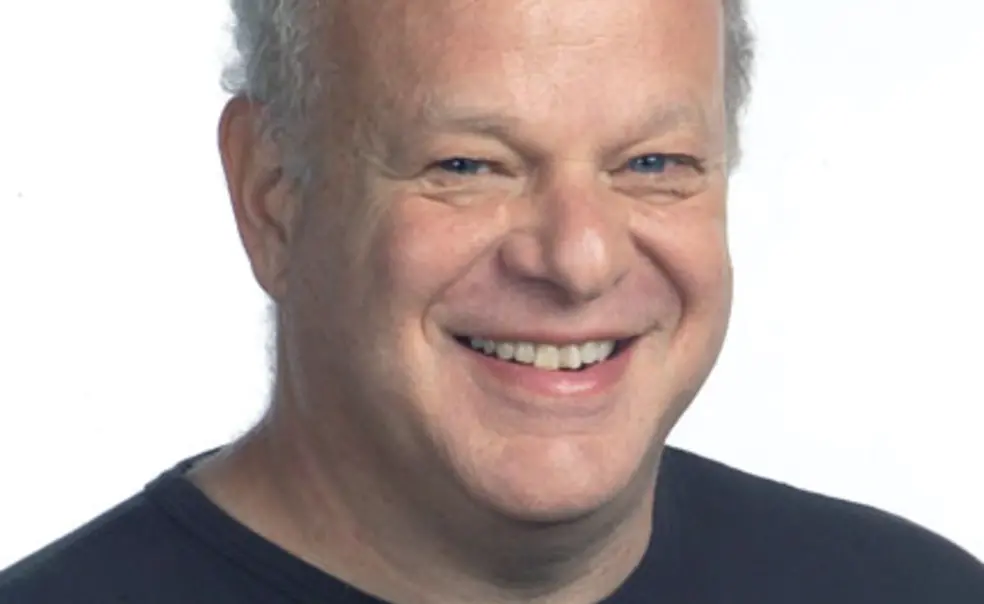Alumni Profile: Martin Seligman '64, figuring out happiness
Want to be happy? It’s pretty simple, actually. Put aside the toys. Figure out what you’re good at. And then apply your strengths to a greater purpose. And don’t forget to cultivate optimism along the way. That, in a nutshell, is what Martin Seligman ’64 has proved — scientifically — in the decade since he launched a new branch of psychology, called positive psychology.
The new field studies what makes people thrive. The idea hit Seligman, who teaches psychology at the University of Pennsylvania, during a conversation with his young daughter in 1997. Until then, psychology largely had focused on human weaknesses and suffering, the things that were wrong with us, and how to fix them. Looking at his daughter, Seligman realized that you wouldn’t raise a child by focusing solely on her weaknesses. You’d also want to figure out what her strengths were, and how to bolster them. Psychology, he decided, should do the same: It should invest as much in figuring out what makes people happy as it does in studying what makes them feel blue.
Sounds intuitive, perhaps. But until Seligman started exploring, there was very little science to back it up. Others had examined the question of what makes people happy, but Seligman brought an organized focus to this area of research. Seligman received research dollars, corralled some colleagues, and set about studying it. The subject was a distinct shift from the previous focus of his research: learned helplessness and depression. “I created a big tent that brought a large number of researchers together and mainstreamed their work into psychological science,” explains Seligman. His key findings on what makes people flourish, described in his 2002 bestseller Authentic Happiness, come down to the following. There are three levels to happiness: pleasure, the delight you get from chocolate, fast cars, and sex; engagement, the feeling of “flow” you get when you’re doing something you’re good at; and meaning, the fulfillment you get from being engaged in an effort greater than yourself. Pleasure is ephemeral and contributes very little to real happiness, Seligman’s research showed. But meaningful engagement brings lasting contentment. (To take free tests that measure your own happiness level, visit Seligman’s Web site,www.authentichappiness.org.)
Over the last few years, the field of positive psychology has exploded. More than a dozen conferences are held on the subject every year. And more than 200 positive-psychology courses are taught at universities around the world. The University of Pennsylvania offers a master’s degree in applied positive psychology; the program is based on Seligman’s work.
At a time when many of his peers are wrapping up their careers, Seligman is focusing on new horizons, trying to figure out how to fold positive psychology into secondary education. For classmates who are headed toward retirement, Seligman offers the following tip: “Material objects have almost no role in positive emotion. As you organize your retirement, spend it on meaningful engagement. Don’t squander your savings on boats and houses.”
E.B. Boyd ’89 is a freelance writer in San Francisco.












No responses yet